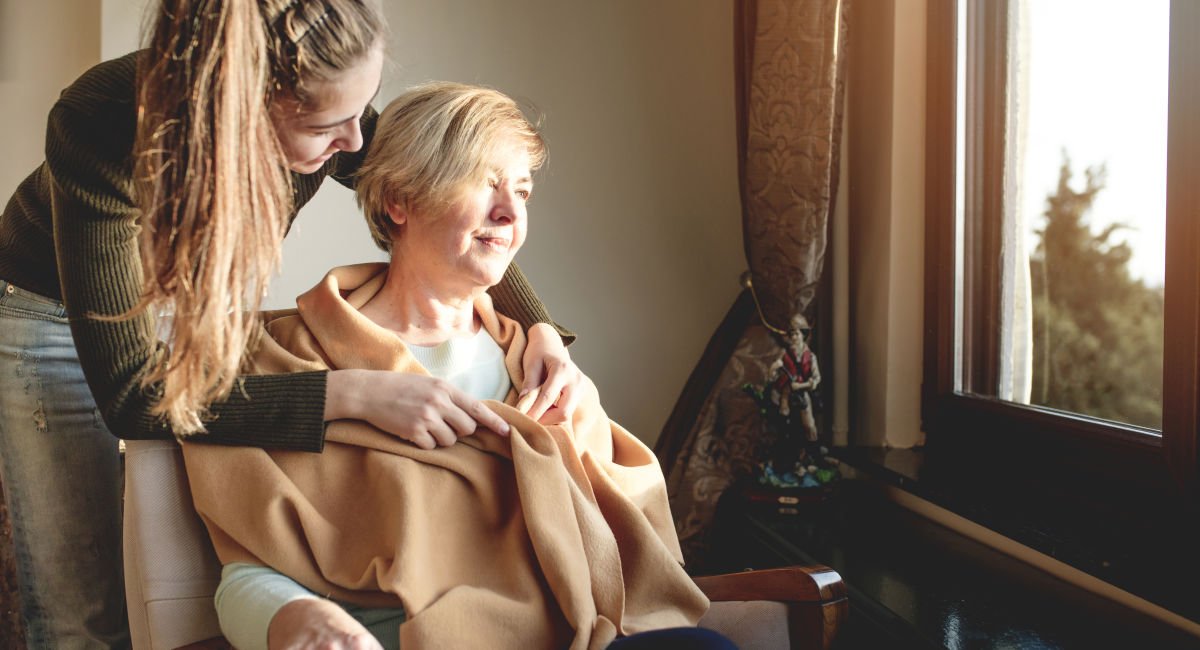While the AIHW study provides valuable information about successes and gaps in palliative care delivery nationwide, it does not attempt to evaluate another crucial area of care: patient spirituality.
Palliative Care Australia and Meaningful Aging Australia have joined forces to ensure spiritual care is an integral part of palliative care.
These bodies state that “spirituality is how we seek and express meaning and purpose; the way we experience our connection to the moment, to ourselves, to others, to our world, and to what is meaningful or sacred.
“Spiritual care happens in a compassionate relationship. It responds to our search for meaning, self-esteem and our need to express ourselves in front of a sensitive listener.
Here are the important spiritual care factors to consider:
-
A palliative approach includes spiritual assessment and the involvement of appropriately trained personnel.
-
There are gaps in understanding of spirituality and spiritual care across the community, including among aged care staff and organizational leaders.
-
Further training and specific funding are needed for spiritual care workers to function as part of the team in the palliative approach.
-
Religious and spiritual beliefs can influence decision-making regarding treatment, medicine, and self-care, as well as expectations and relationships with health care and elder care providers.
-
Individualized spiritually-based interventions can lead to lower depression scores and reduced anxiety.
-
Interdisciplinary palliative care is necessary to address end-of-life psychosocial and spiritual needs in long-term care settings.
There is more information on palliative care, practical resources and support Here.
Related reading: AIHW, PCA




